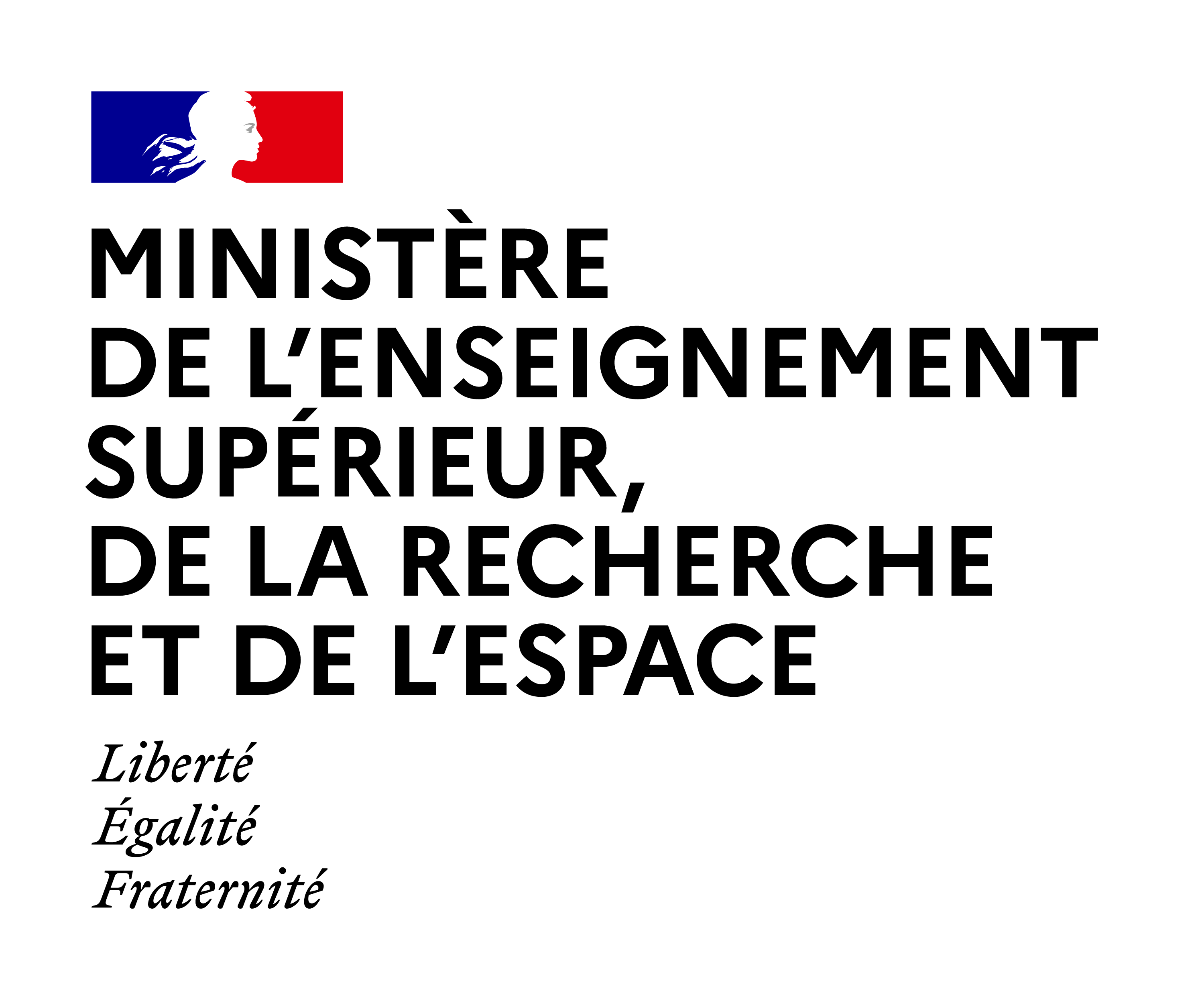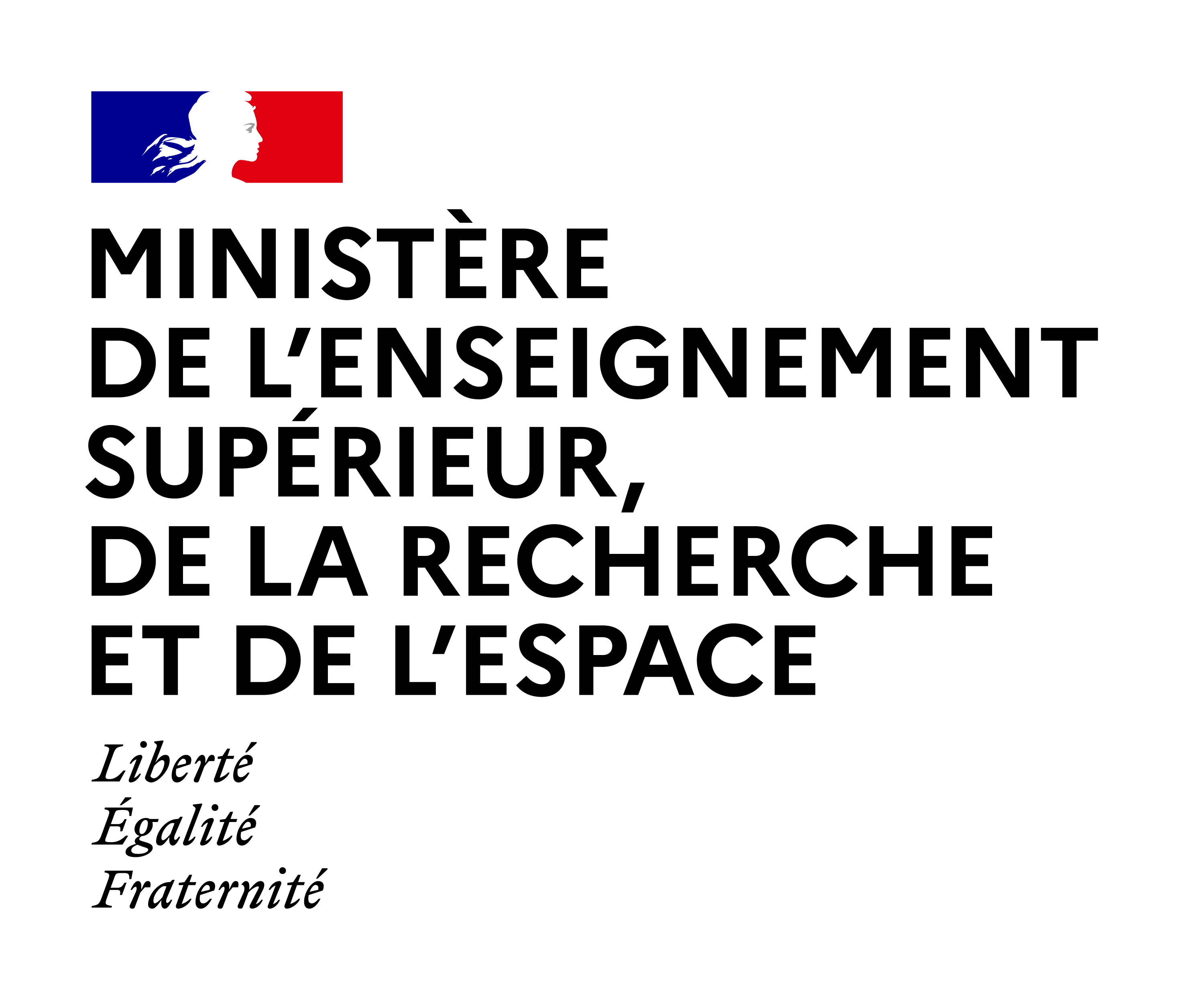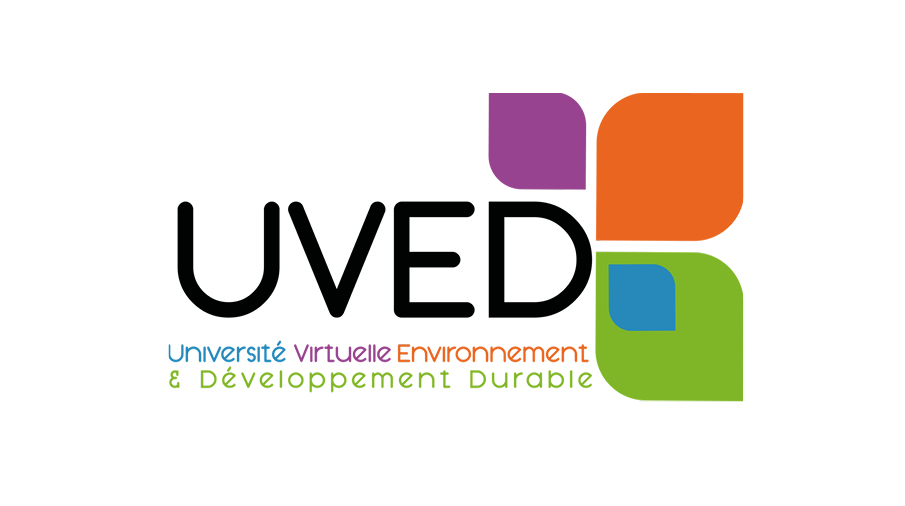
Sommaire
How did we get here? 75 years of nutrition and food security policies - A word from the experts
Alexandre Meybeck, Senior Forests, Trees and Agroforestry Scientist at CIFOR, explains how private companies could consider environmental impacts if agricultural policies and subsidies promote diversity, agroforestry and reduced deforestation, if there was a policy to raise awareness of sustainab...
Date de création :
23.08.2022Auteur(s) :
Alexandre Meybeck, Patrizia FracassiPrésentation
Informations pratiques
Licence Creative Commons : Attribution, Pas d'utilisation commerciale, Partage dans les mêmes conditions
Description de la ressource
Résumé
Alexandre Meybeck, Senior Forests, Trees and Agroforestry Scientist at CIFOR, explains how private companies could consider environmental impacts if agricultural policies and subsidies promote diversity, agroforestry and reduced deforestation, if there was a policy to raise awareness of sustainable food in schools, if consumers were encouraged by appropriate taxation and support for local production. It requires the agreement of all the actors concerned.
The diversity of devices informing the consumer of the environmental impacts of the product is a source of confusion. There is information on environmental footprints, carbon footprint, water footprint, sustainability labels; labels on production methods such as organic farming, sustainable fishing, products guaranteed without deforestation and whether the product comes from a specific area that is sustainably exploited. In addition, the consumer makes his choice quickly.
Patrizia Fracassi, Senior Nutrition and Food Systems Officer at FAO explains why global food policy has changed. Priority is no longer given to the quantity (number of calories) but to the quality of food (in terms of nutrients), due to the increase in malnutrition, deficiencies, obesity... Healthy food should be accessible to everyone. The previous precept that a food with a minimum of calories is enough to feed people, emphasizing certain staples, especially in low-income settings, creates a homogeneous food landscape dominated by a few staples and a predominance of highly processed foods at an affordable price. Agri-food systems should have a benefit/risk approach, measuring the environmental and socio-economic consequences.
- Granularité : grain
- Structure : collection
Intervenants, édition et diffusion
Fiche technique
- LOMv1.0
- LOMFRv1.0
- SupLOMFRv1.0
- Voir la fiche XML







